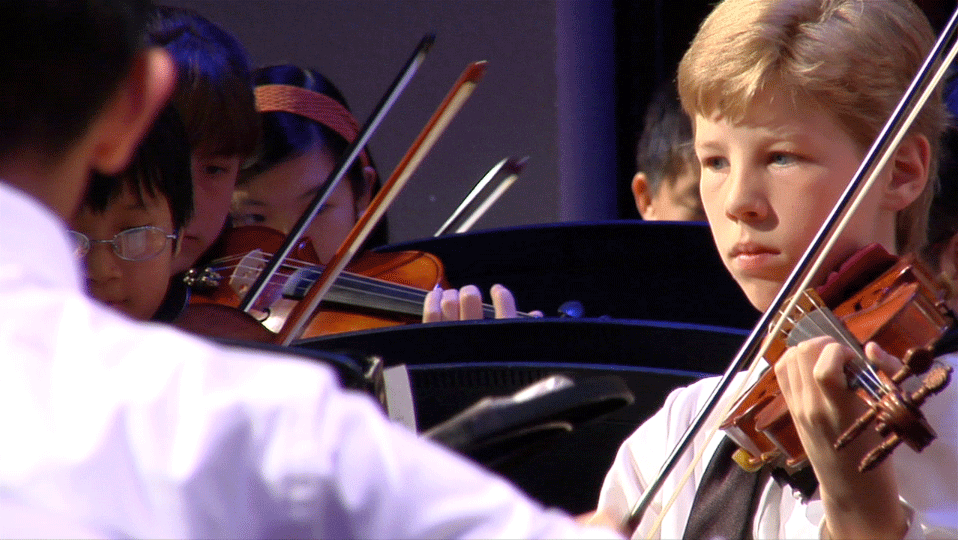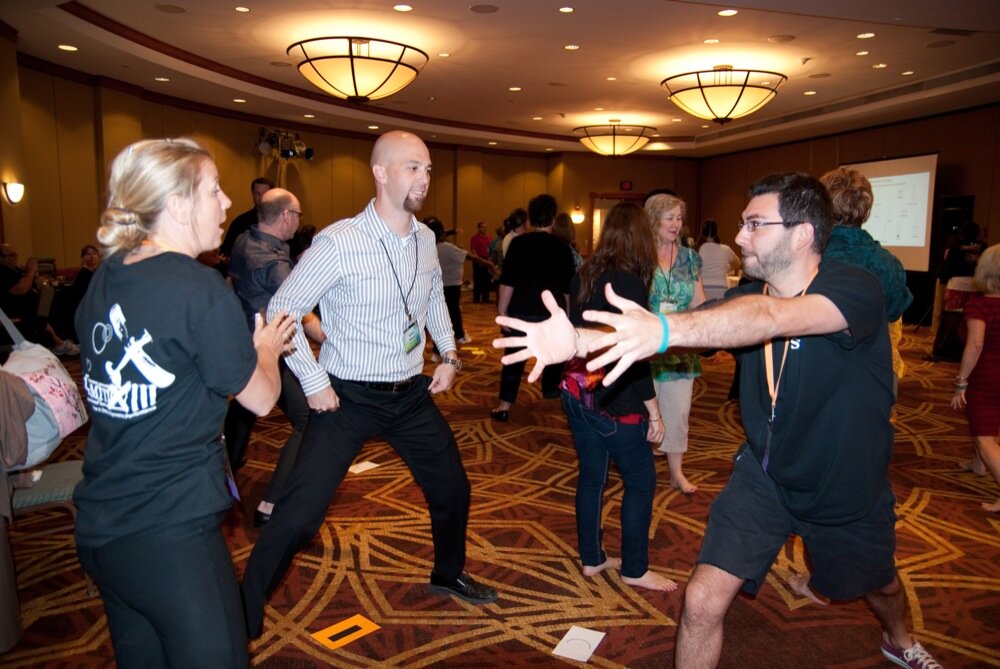
Summit 26 has been extended through the end of August!
Thinking about the fine arts through the lens of endurance makes sense at a gut level. The fine arts have been part of human learning and individual and cultural expression for as long as humankind has walked the earth. So, instead of trying to work faster and do more with less, this year we’ll stretch, reach farther, and push ourselves to lay out the building blocks for sustaining fine arts disciplines far into the unknown future. Part of this endurance training involves stacking new knowledge and skills at the individual level. We’ll explore these ideas both for the artist, teacher, and student roles. The second component involves using these new tools to craft school systems that work to establish, cultivate, and sustain fine arts learning indefinitely.
Four anchor sessions will guide the tone and topical alignment of the Summit:
Session 1: Identifying and Using the Keys for Fine Arts Sustainability
Session 2: Establishing Cohesive Vertical Alignment in Fine Arts
Session 3: Building Fine Arts Program Pipelines
Session 4: Integrating the Arts within Campuses and Communities
Aligned Deep Dive Sessions reinforce and help educators apply these concepts within their discipline-specific classroom contexts.
Register Today!
All registrants have full online access to ALL four disciplines (art, dance, music, and theatre).
The Summit will be accessible from June 15 to August 15, 2025.
Each participant may earn 12 to 24 CTE hours in each discipline.
Cost Breakdown:
1-9 people $125 per person
10-75 people $100 per person
76 or more. $75 per person

TEACH FINE ARTS
Everyday in classrooms across Texas, art, dance, music, and theatre educators challenge students to learn in new ways. The tools these teachers use are manifold: student standards, rigorous curricula, engaging instruction, and formative and summative assessment strategies. The backbone of fine arts instruction in Texas, the Texas Essential Knowledge and Skills (TEKS), help educators structure instruction around what students should know and be able to do by the end of each grade level in art, dance, music, and theatre. The TEKS are vertically aligned to provide for a cohesive curriculum from one grade to the next. Furthermore, the TEKS mandate consistent and rigorous student learning in the fine arts throughout the state.
This area of the website houses information pertaining directly to teaching the fine arts. This includes the student standards, assessment strategies, instructional techniques, as well as information on Chapter 74 of the Texas Administrative Code, graduation requirements, and other curricular issues. Furthermore, this section of the site houses online instructional resources such as Connect the TEKS, Fine Arts for All Students and the Arts Integration Online Toolkit. Use the menu at the top to explore and visit often.

Strengthen Program
While high quality educators, committed students, and rigorous learning standards such as the TEKS form the core of successful programs, many other administrative considerations such as equipment, staffing, space, and safety requirements, as well as funding play important roles in the program’s overall health.
This section addresses program evaluation, quality indicators for elementary, middle school, and high school programs in art, dance, music, and theatre, as well as recommendations on staffing and links to state and national funding sources. Finally, this section houses the Program Support database of sources and abstracts from research studies that hone in on why the fine arts are essential to school communities and vital for student learning.

Grow Professionally
Many avenues exist for growing professionally as a fine arts educator or administrator. In addition to CEDFA-sponsored workshops and summits, other opportunities include National Board of Professional Teaching Standards certifications, additional certifications from the State Board for Educator Certification, and growth through the Professional Development and Appraisal System.
This section of the website houses background information and links related to models of professional development, the National Board of Professional Teaching Standards (NBPTS), the State Board for Educator Certification (SBEC), and the Professional Development and Appraisal System (PDAS).




